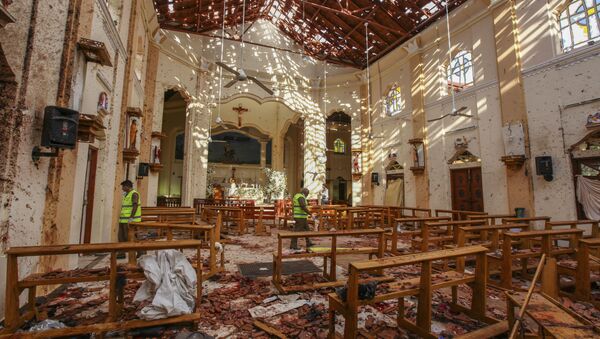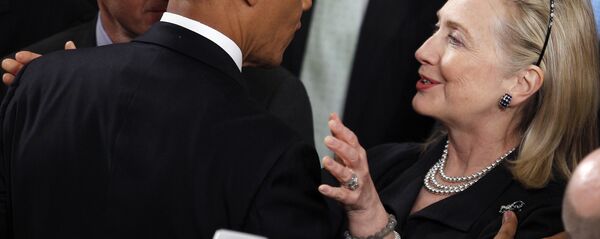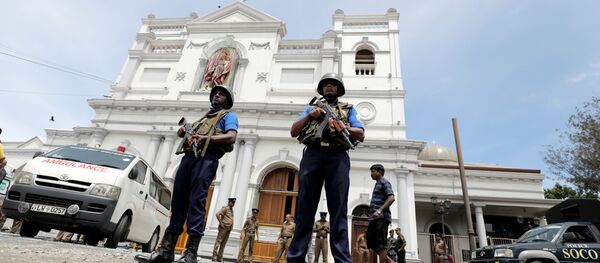"There was a colossal failure in the communication of this intelligence to the right people who could have taken measures to prevent at least some of what happened," De Silva told CNN on Monday.
The foreign intelligence services of the United States and India had briefed Sri Lanka on the terrorist attacks being plotted ahead of their execution, Harsha De Silva, the Sri Lankan minister of economic reforms and public distribution said in an interview.
"They had intel, they were collaborating with both local and foreign intel agencies and we did receive information from overseas that something terrible was to happen," De Silva said. "A memo had been sent to the Ministry of Defense who then directed it to the Inspector General of Police, who then sent it to various other people, so it was not a failure of the intelligence apparatus. It was a failure of implementing what had to be implemented. So, the question is why was it not done."
"The President [Sirisena] was on a private visit overseas, and I would have expected that Prime Minister [Wickremesing] to have been well-briefed but that hadn't happened either," he said.
De Silva also asserted that the terror attacks were beyond the capability of local extremist groups to carry out on their own. Sri Lanka's Health Minister Rajitha Senaratne also said Monday that the series of deadly explosions that took place across the country was organised by the local group National Thowheed Jamaath (NTJ) and that the attacks had been carried out with help of a vast international network.
READ MORE: Sri Lanka's Easter Attacks Highlight the Ongoing Persecution of Christians
"It is questionable whether these people whom we have never heard of were able on their own to coordinate such a massive devastating attack," De Silva told CNN on Monday. "It seems these people are local. Questions are being raised whether they have any connection with other organizations outside… whether this is an isolated Sri Lanka-only incident or part of some multinational global effort."
On Easter Sunday, the country was shaken by a series of coordinated attacks, which killed at least 290 people and left another 500 injured. These are the worst attacks in the country's modern history since the end of the 25-year-old civil war.
On Monday, Interpol announced it would deploy a special team to Sri Lanka to investigate the waves of deadly bombings.




